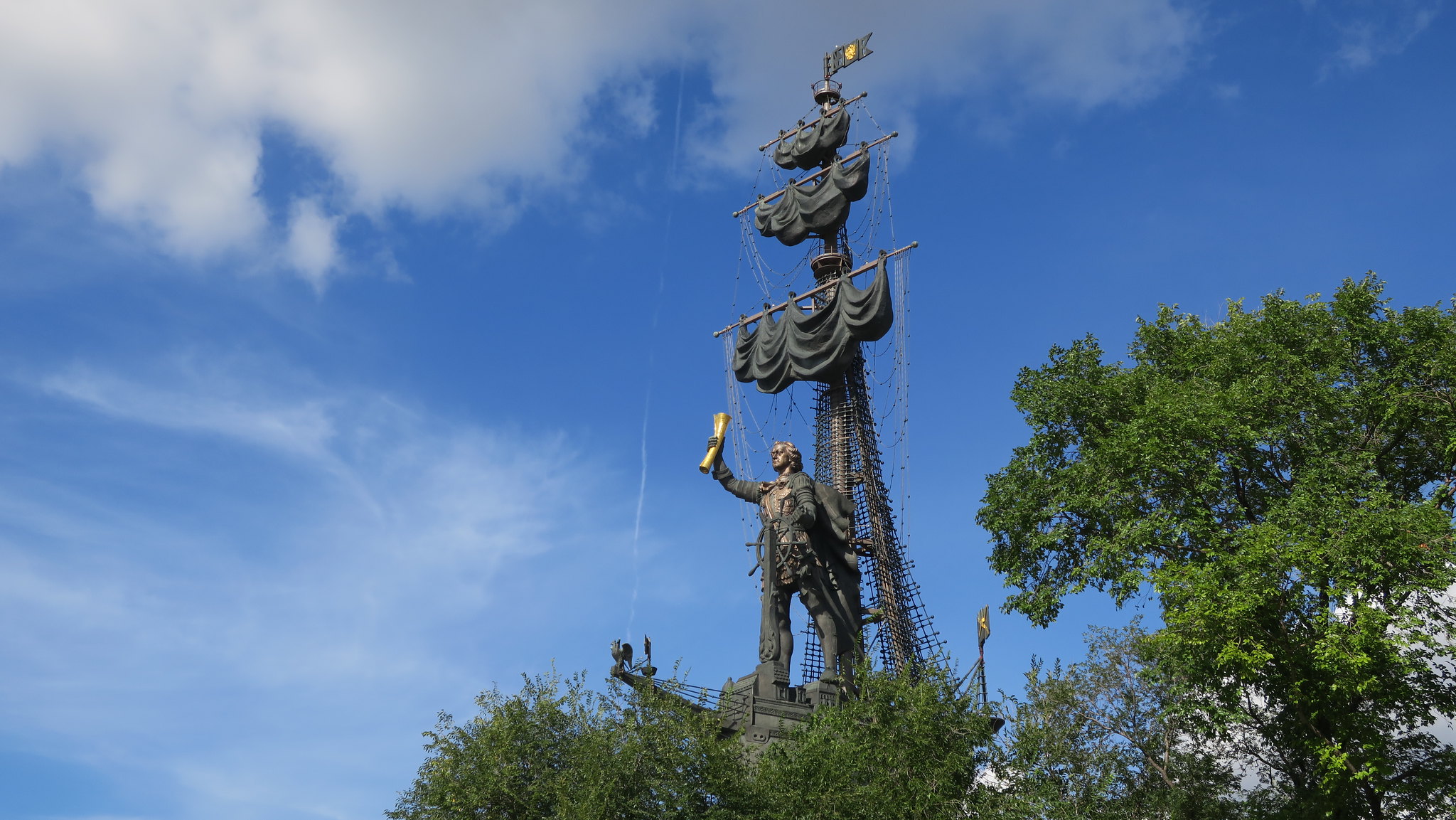Do not wait for Peter the Great
The West is incompatible with today’s Russia. Rather than to wait for another Peter the Great, it seems the West is in need of reconsidering its policy towards Moscow.
March 22, 2021 -
Jakub Bornio
-
Articles and Commentary

Statue of Peter the Great in Moscow. Photo: Terrazzo flickr.com
On February 3rd, Russian opposition leader Alexei Navalny was sentenced to two years and eight months in a penal colony, triggering social unrest within the country as well as intense criticism over Kremlin from both western politicians and the international public opinion. It seems, however, that public appeals and the West’s response lack deeper strategic contemplation. The issue is not about Navalny himself but rather about Russia and its nature.
The Euro-centric way of thinking about Russia fails to recognise the civilisational specificity which significantly differs from the West. Russia cannot be easily democratised nor westernised as Europeans have wished for centuries. It is similar to how the United States has failed to democratise China. The problem runs deeper than the political system alone. It is primarily about the way in which Russians perceive themselves, their country and the outside world. The eruption of public support toward Vladimir Putin shortly after the annexation of Crimea proves that imperialism remains a vital part of the Russian soul – a factor that Europeans blindly ignore.
What is more, when it comes to international relations, ordinary Russians understand them as driven by great power rivalry, and what is essential, they sympathise with this view as shown in the most recent data collected by the Centre for Polish-Russian Dialogue and Understanding. Not to mention a specific sense of nationalism, and national pride as well as general support towards concepts of historical justice and a historical mission for which Moscow is to be predestined. One should remember that Russians still long for their lost empire and whoever will replace Putin – sooner or later – will have to meet or even exploit these expectations as well as to fit the social mood.
The problem that West, especially the European Union, and Russia now face is that they move on the same chessboard, but simultaneously are playing by a totally different set of rules. It is hard for the EU with a generally liberal perspective and toolkit to understand Russia which clearly operates within a framework of realism and interprets the world through the assumptions of this doctrine. Ignoring civilisational differences makes the issue even more complicated. One should abandon the idea that Russia might be westernised only via institutional changes or by replacement of one politician with another. Unquestionably such a long-lasting process requires deep structural changes – if of course, Russia is a “torn country” at all – as expressed by Samuel Huntington.
The West places some hope in Navalny which might be somewhat naïve. One should wonder whether Navalny would actually westernise Russia – as is introduced – or would just outfit her with a new western face? The answer to that question remains a mystery. There is no doubt that Europe is waiting for a successor to Peter the Great, forgetting that it was actually him who – despite his imagined westernised image – cemented the samoderzhaviye, entitled himself Tsar of all of Russia and who increased the state’s control over the Russian Orthodox Church which strengthened the symphony of power, a concept very strange to western civilisation. It seems that West might need to once again reconsider its policy towards Russia.
Jakub Bornio is an assistant professor at the Department of European Studies at the University of Wrocław.
Dear Readers - New Eastern Europe is a not-for-profit publication that has been publishing online and in print since 2011. Our mission is to shape the debate, enhance understanding, and further the dialogue surrounding issues facing the states that were once a part of the Soviet Union or under its influence. But we can only achieve this mission with the support of our donors. If you appreciate our work please consider making a donation.

































